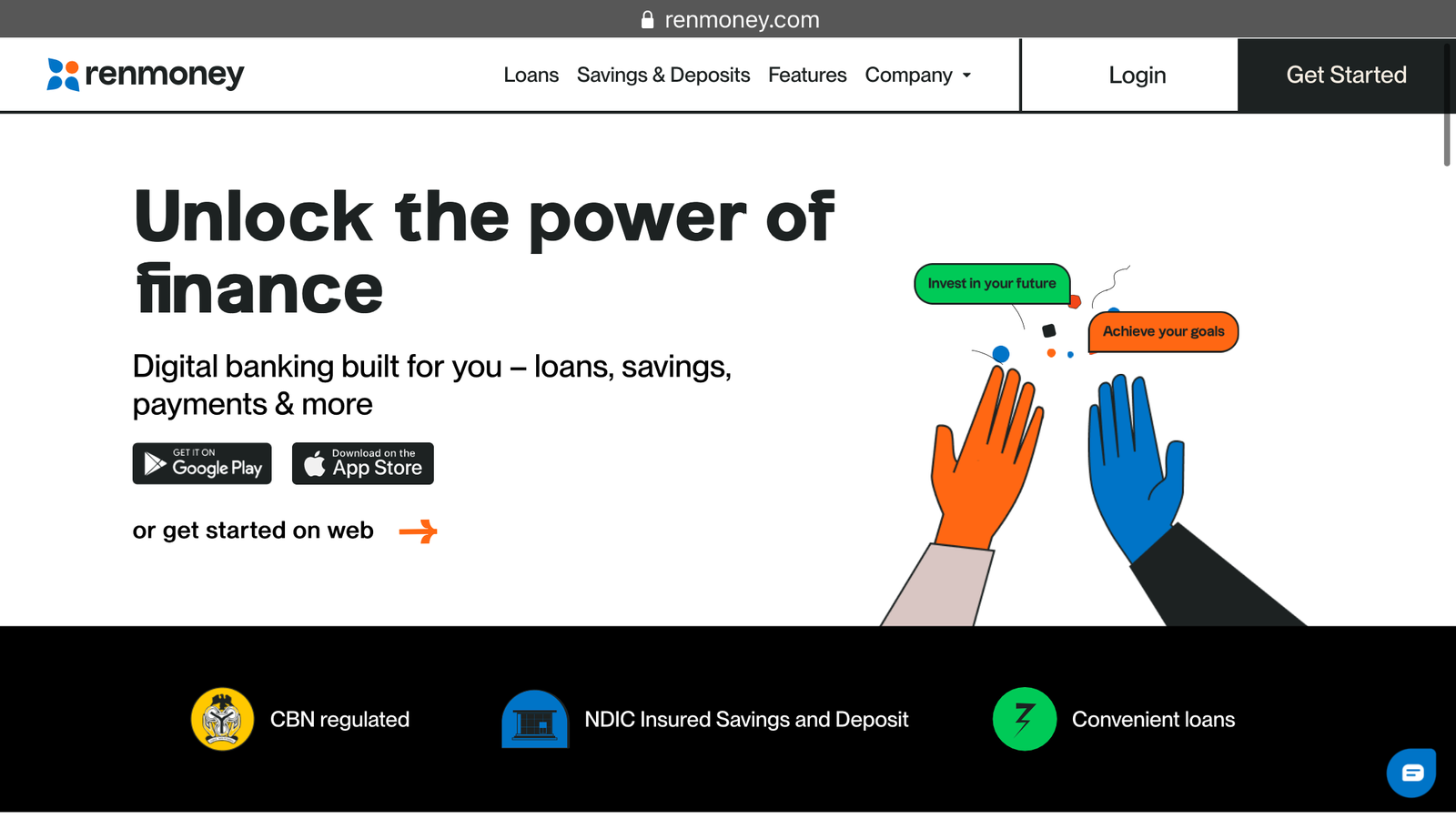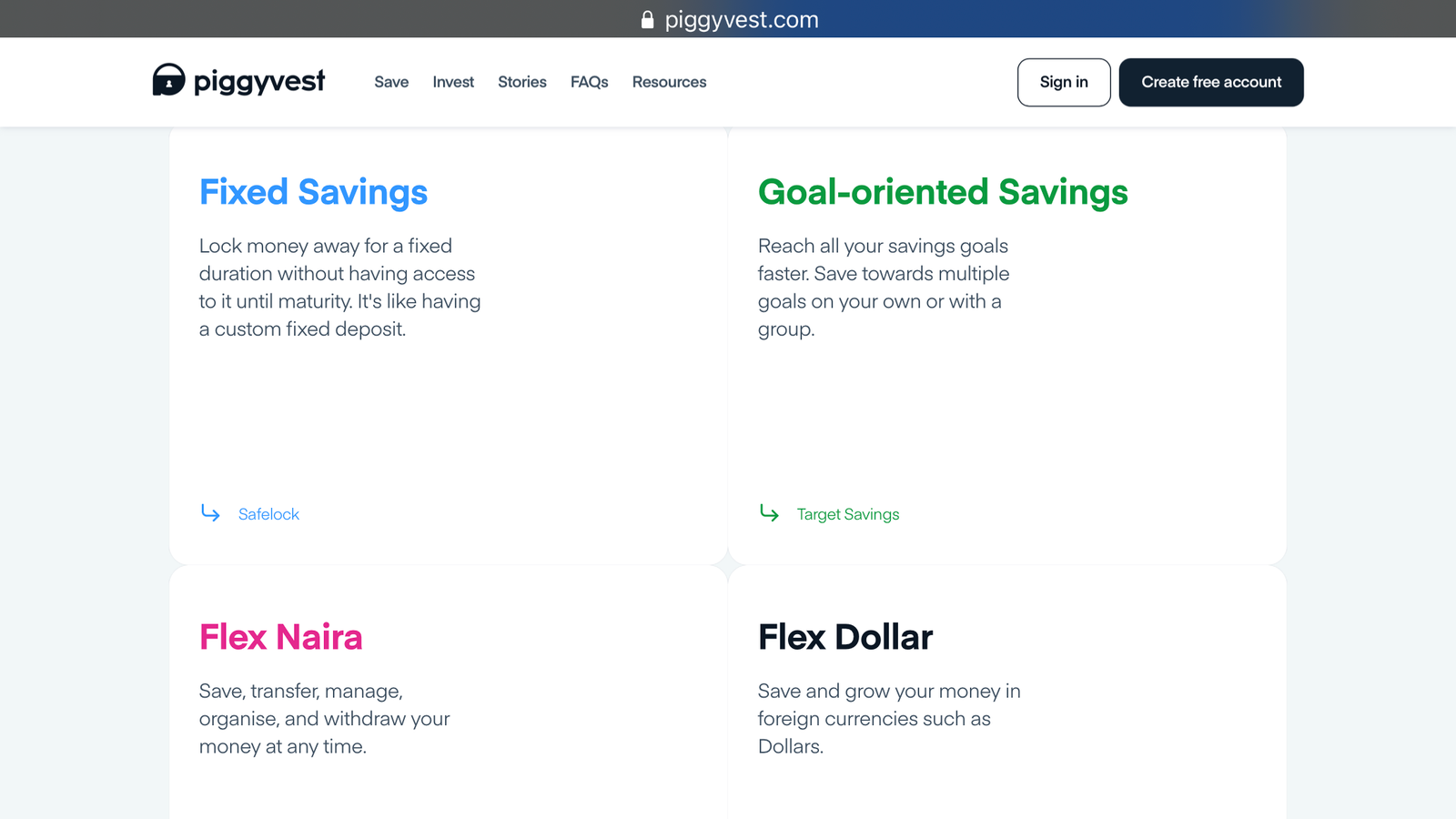Are you searching or contemplating for the best online bank you can use? I got you covered.
When it comes to digital banking and payment solutions in Nigeria, Kuda and Palmpay are two popular platforms that have gained significant attention. Both platforms offer different services and features that cater to the needs of modern consumers. In this article, I will be compare Kuda and Palmpay, exploring their features, pros, and cons to determine which platform stands out as the best.
Kuda
Kuda is a digital-only bank that aims to revolutionize the banking experience for Nigerians. It provides users with a seamless and convenient way to manage their finances using their smartphones. Kuda offers various banking services, including free transfers, bill payments, and savings accounts, all accessible through their mobile app.
Features of Kuda
Kuda boasts several notable features that make it a strong contender in the digital banking space. Here are some key features of Kuda:
- Zero account maintenance fees
- Free ATM withdrawals
- Free transfers to other banks
- Instant notifications for transactions
- Automated savings options
Pros of Kuda
There are several advantages to using Kuda as your preferred digital banking platform:
- User-friendly mobile app
- No hidden fees
- Access to budgeting and savings tools
- Fast and secure transactions
Cons of Kuda
Despite its strengths, Kuda also has a few limitations to consider:
- Limited availability of physical branches
- Restricted customer support channels
- Relatively new in the market
Palmpay
Palmpay is another prominent digital payment platform that offers a wide range of services beyond banking.
Apart from facilitating financial transactions, Palmpay allows users to make utility payments, purchase airtime and data, and even order food and groceries. The platform aims to be an all-in-one solution for various everyday needs.
Features of Palmpay
Palmpay offers several noteworthy features that set it apart from traditional banking platforms. Here are some key features of Palmpay:
- Seamless payment integration with merchants
- Rewards program for loyal users
- Access to a wide range of services beyond banking
- User-friendly interface
- Quick and secure transactions
Pros of Palmpay
Palmpay offers several advantages to its users:
- Extensive range of services
- Easy integration with merchants
- Rewards program for users
- User-friendly interface
Cons of Palmpay
While Palmpay has many positive aspects, there are also a few drawbacks to consider:
- Limited availability of physical branches
- Not as established as some traditional banking institutions
- Possible transaction fees
| Features | Kuda | PalmPay |
|---|---|---|
| Number of Downloads | Over 1 million | Over 5 million |
| Number of Users | Around 500,000 | Over 2 million |
| Supported Platforms | iOS, Android | Android |
| Account Types | Personal and Business | Personal |
| Interest Rates | Competitive interest rates | Varies based on the specific product/service |
| Fee Structure | No monthly maintenance fees | Some transaction fees may apply |
| Virtual Card | Yes | No |
| Physical Card | Yes | Yes |
| Peer-to-Peer Transfers | Yes | Yes |
| Bill Payments | Yes | Yes |
| Airtime Top-up | Yes | Yes |
| International Transfers | No | No |
| In-app Loans | Yes | Yes |
| Investment Options | No | No |
| Financial Planning Tools | No | No |
| Customer Support | 24/7 in-app chat support | In-app chat support and email |
Now that we have explored the features, pros, and cons of both Kuda and Palmpay, let’s compare them to determine which platform is the best.
When it comes to user experience, both Kuda and Palmpay offer intuitive mobile apps that make managing finances and conducting transactions seamless. They both prioritize user-friendly interfaces and provide quick and secure transactions. However, Kuda has the advantage of being a digital-only bank, meaning it focuses solely on banking services, allowing it to provide specialized features and a dedicated banking experience.
In terms of fees, Kuda shines as it offers zero account maintenance fees and free transfers to other banks. This transparency and cost-effectiveness make it an attractive option for individuals looking to avoid unnecessary charges. On the other hand, Palmpay’s transaction fees may be a deterrent for some users who want to minimize costs.
When it comes to additional services, Palmpay has an edge with its extensive range of offerings beyond banking. Users can conveniently make utility payments, purchase airtime and data, and even order food and groceries through the platform. This diversification makes Palmpay a versatile solution for users who seek an all-in-one platform for their daily needs.
Considering all factors, it is evident that both Kuda and Palmpay have their strengths and weaknesses. The choice between the two ultimately depends on individual preferences and priorities.
Conclusion
Thanks for reading to this end.
After a thorough comparison of Kuda and Palmpay, it is essential to recognize that both platforms offer unique features and benefits. Kuda provides a specialized digital banking experience with zero account maintenance fees and free transfers, catering to users looking for cost-effective and straightforward banking services. On the other hand, Palmpay offers a more diverse range of services beyond banking, integrating with merchants and providing rewards for loyal users.
In conclusion, it is difficult to declare one platform as the absolute best. The choice between Kuda and Palmpay should be based on individual preferences, requirements, and the specific needs of each user. However, For most users, Palmpay has always been the best option. Try it out today
FAQS
1. Which app is better than PalmPay?
Currently, there are many appsthat offer similar services to PalmPay which can be considered as better. Well, due to my personal experience, the alternatives to PalmPay include OPAY, KUDA, Flutterwave, Paystack, and Carbon.
2. Which one is better between Kuda and OPay?
Are you looking for which is better? With my experience so far, OPAY is better. It has more functions than KUDA. The major short coming these days is the introduction of charges after “3” successful transactions.
3. What is the best alternative to Kuda?
If you’re looking for an alternative to Kuda, there are a few options you can decide to consider. Some of them include OPAY, Palmpay, ALAT by Wema Bank, Carbon, and Rubies Bank.





